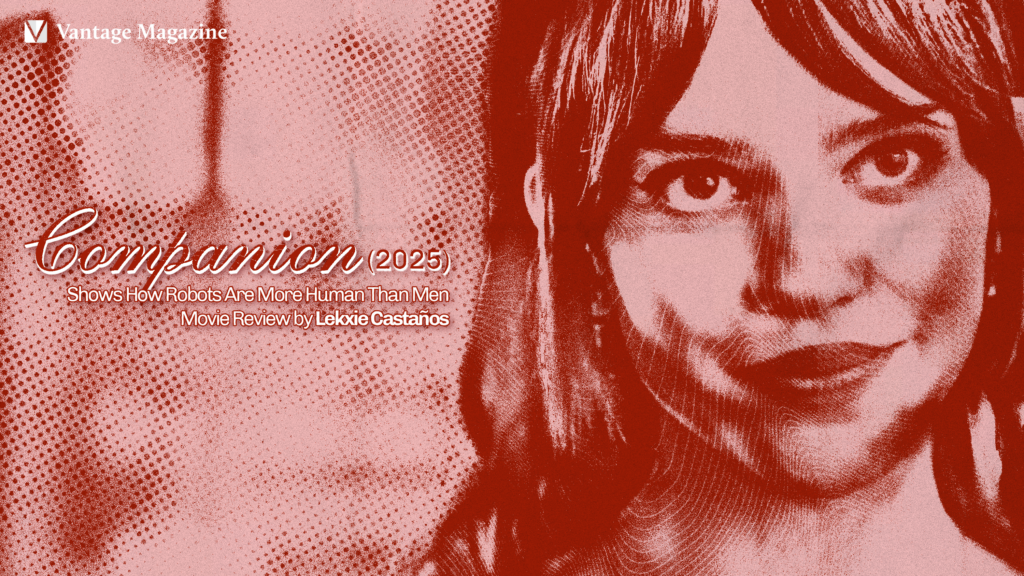Tagpuan would have been the answer to an existential film fix, but an ill-fitting casting and poorly-written characters ruin the chance for introspection.
Mac Alejandre’s 1 hour and 47-minute viscous exploration into transatlantic relationships opens with Alfred Vargas’ unconvincing monologue. In an attempt at self-reflection, Allan professes that he is a businessman who finds interest in only numbers and facts. During his stint at Hong Kong, he meets larger-than-life Chinese-Filipino Tanya (Shaina Magdayao) who challenges his philosophy when she approaches him on a ferry and blurts out he’s her type.
The two briefly debate about fate and destiny; Allan believes that there is a reason for everything and Tanya argues otherwise. . They meet again later on when Tanya spots Allan reminiscing memories with his son while standing in front of a toy store. Soon, the two embark on a nightlong affair in Hong Kong that catalyzes something in the unmovable Allan.
The film doesn’t follow a chronological structure and instead pulls off a back and forth sequence of memories blurring the lines between past, present, and future. For this interesting structure and the poetic juxtaposition of characters in particular scenes, the film deserves credit. However, the storyline can only do so little when the actor at the center of the film makes it obvious that it’s all just acting.
Vargas couldn’t bring out the gawky but complex and cold Allan, and instead presented an Allan who looked like he could use the bathroom at any minute. For the duration of the film, it was painful watching Vargas clumsily fit into the stoic and business-minded Allan’s awkwardness around relationships and intimacy. For better or for worse, his co-stars Iza Calzado (as his wife Agnes) and Magdayao outshine him in every scene they have. Even the film’s silver lining, if not saving grace—the I-have-to-screen-grab-this-beautiful cinematography—can do so little to make up for the awkwardness that is Vargas as Allan.
The burden is not for Vargas to bear alone, though. Ricky Lee’s script did fall short a couple of times, especially with how badly the women were written. Magdayao’s Tanya is the Filipina version of the manic pixie dream girl, betraying media’s goal to stop portraying women as catalysts for male protagonists’ character development. Moreover, it’s hard to make sense of Agnes’ actions because it feels inauthentic; she remains a slave to the intended ending, undermining her character as a whole.Tagpuan’s premise is sure to lure those looking for a local treatment of Lost in Translation (2003) or is a sucker for sobering dramas on life and relationships. However, Vargas’ acting and the ensemble of stereotypical characters make it hard to purely appreciate the adventurous but down-to-earth cinematography, as well as Magdayao’s Best Supporting Actress-worthy performance. The hour of faux-existential narrative just isn’t worth it.






